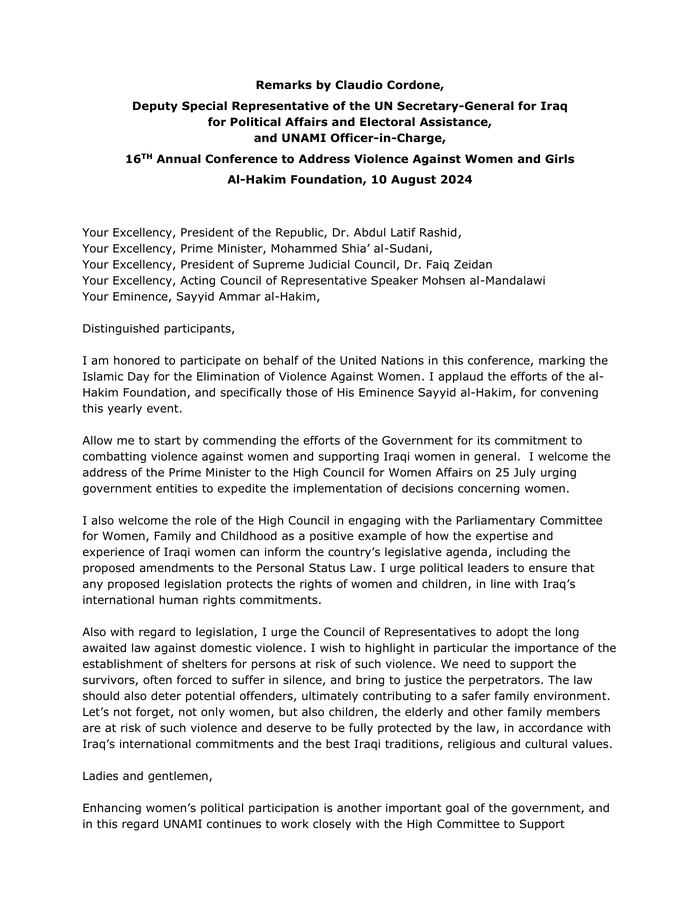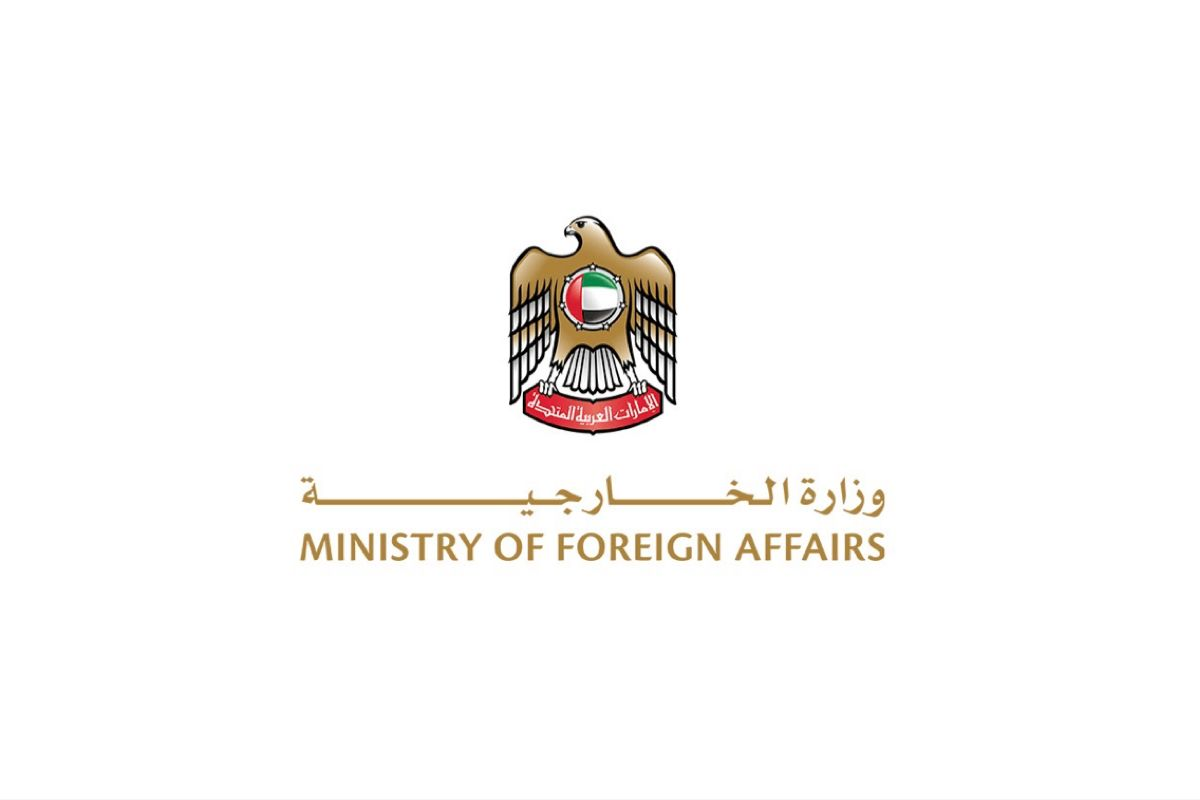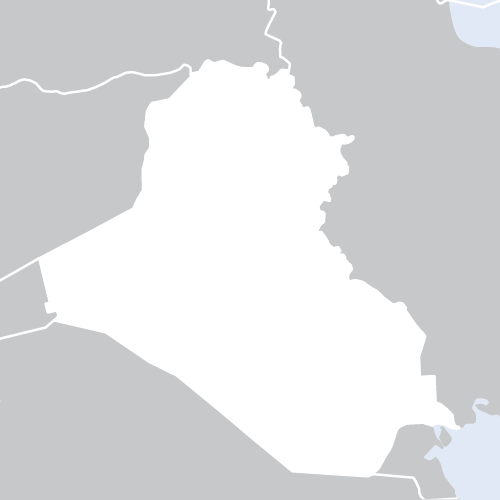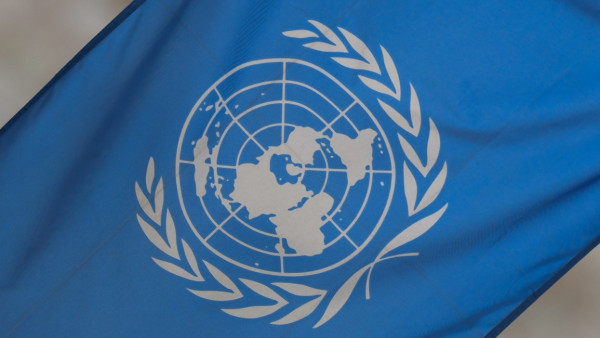Page Not Found | Facebook Add a new device”,”1_572460b539878eceb021da6f0ba4ad27″:”Search in conversation”,”1_588c13ae9c29e4cad57ff0623473419b”:”You can’t message this group”,”1_59e4d389c284d58c6a7006f6b0562811″:”Photo reminders”,”1_5a928f58cc901c2f036154287466ac52″:”AI-assisted message”,”1_5af74bfaddbfdad2526294491119b1ac”:”Call notifications”,”1_5b15ff8357f34309683c127f15840806″:”Chat plugin”,”1_5b4abffee3f305389a50710f7d485df8″:”Introducing AI stickers”,”1_5db467841ea204babe44c0bb4275c013″:”Message sent”,”1_5dbfacce1399e2f5cb7a6380beba0d09″:”This may take a moment…”,”1_67045d680945154400cf43a419e4ff9b”:”Please update your app”,”1_6831028223b7159f4a16a762309aeda5″:”Invite with a link”,”1_68667c64d4e948188b48f13c7b8324c0″:”Open Facebook app”,”1_69b4fbe4cc084fbff4fcf68d2f9d5fed”:”Charge your Bluetooth keys regularly.”,”1_6cd66115c7adbd7d8d450aaa8a5015d9″:”Contact phone number”,”1_74630a0214a11fa5068b0655daafe2de”:”Facebook user”,”1_752a4442f6eb09a9c79427caefd174c5″:”4 things to know about your information”,”1_76f971d0cf5dc8a40e43aa6592bf6015″:”{num_activities} activities”,”1_79cb46c945b63a0e9c8bd77518fd38f0″:”Add a profile picture”,”1_7a4acef2efaf880fb516077a756bea63″:”Image ID not returned.”,”1_8842669d806d74dfddee6ca515f2d8db”:”Look up info”,”1_8c442034b2e9c1bcc394eb6907b1d510″:”You’ll need to log in with Workplace to continue this video chat.”,”1_92469592130a0e85a5e996fa12296099″:”Account details”,”1_9dbc389a7657e7c498fe3cd2e8c903b9″:”Messenger preview”,”1_a02773f3eb15c1a027aacc96b97f526f”:”Invalid link”,”1_a2a5724aff5a7cca2d69a4e30e754431″:”Open System Preferences, then use the Security & Privacy controls to grant Workplace Chat access to the camera and microphone. You may need to restart the app for the settings to be applied.”,”1_aa3f089a4051c1e5ed29b0473ecb462c”:”Last name”,”1_aa408b4afeb14b97cfcc9915842b0b00″:”Confirm your identity”,”1_aa542254b59b7d679b6fdb93590402d3″:”Show picture-in-picture”,”1_b2fcaaf664421e83c164b2db208e6c2b”:”Dance party”,”1_bac81400de6624c1e42b308333c30946″:”Move to grid”,”1_beebce762afa64542777f56c09d80178″:”How to add friends on Messenger Kids”,”1_c0a187c52a5eda47cc616d9da9d48264″:”This lets you play Apple Music tracks, add tracks to your music library and more.”,”1_c0bf6a1e1c71e84db2d85d977ea0352c”:”You asked to chat with {name1}.”,”1_c470052944bf04f16919dc993025b1f3″:”Send separately”,”1_c65fba5a9f5914e3837eddb303417521″:”Placed on {date} u00b7 Canceled”,”1_c70d03f023ad810666fb2b89f962b34f”:”Blue/yellow”,”1_c995f1a5f939c822beefb3ff278bf59c”:”Thanks for being a superstar in this chat!”,”1_cd4fecb8aead25c0effd4ac632f98755″:”Cut over this chat to E2EE”,”1_d138dd68d66991762d0960a448c9dbf1″:”Chat members”,”1_d2306e12f55ac0dad00099ff94a9ecce”:”Install Workplace Chat audio sharing software?”,”1_d2abcef26824c99a9b7b66ebfd5b36a8″:”Manage folders”,”1_d47fd6e064b6d1afcb5e5d3674dff1e2″:”Start chatting”,”1_d757e02fa81fb3f8bb93135f107c6516″:”Test speaker”,”1_db1d708e4daa1d62b46287504eae8acc”:”This video can’t be sent”,”1_df5b853bbb16433e2ce5f781de7d297b”:”Squad hang”,”1_e4cad6566ee6fa7548d52ba7824506c0″:”Remove address”,”1_e67d8767d558befbca8c04d5b99d91d9″:”Draw a necklace”,”1_e811fc5925e4dcd78c046551cb24e889″:”This chat will show as unread”,”1_ed32b0c87ff94ede7145d9b17ba192ba”:”View {remainingCount} more photos”,”1_ee45d6f16d585bfe6cebb6800c4822d4″:”Add to her picture”,”1_f5bffa9a6c448e63ca61155760dca5fd”:”No messages”,”1_f6ffd6ae71c283f8aec7c7bc2cbfa289″:”Open audio device selector menu”,”1_fc4f960e763c5eedcbf5c27cf0411d4b”:”{name1} wants to add {lastPendingKifTargetName} as a friend”,”1_fe319617901612fc3c881e2d69ade21d”:”Choose kids for {name1}, {name2} and {name count} others to chat with”}},551],[“AnalyticsCoreData”,[],{“device_id”:”$^|Acbu1kaNQ_d0_K-6Hd_RXVNa3dblbZO5-gjSX9NhZQ1ieVWf0nmOB12cJAb7YhZZqLrY-yYcGlemSquJUfnUdVKsFd3uCfZoEe1KUvNBukfKvHT0XJomB8I|fd.AcaKPem7QBIV2saQCRL0v1aIh7M2uGOmzA0iFpKZkbd96swCIOhkVW9Vo1tC0HkE8QeRTjyBzRMMYB-ODdwurSsn”,”app_id”:”256281040558″,”enable_bladerunner”:false,”enable_ack”:true,”push_phase”:”C3″,”enable_observer”:false,”enable_cmcd_observer”:false,”enable_dataloss_timer”:false,”enable_fallback_for_br”:true,”queue_activation_experiment”:false,”max_delay_br_queue”:60000,”max_delay_br_queue_immediate”:3,”max_delay_br_init_not_complete”:3000,”consents”:{},”app_universe”:1,”br_stateful_migration_on”:true,”enable_non_fb_br_stateless_by_default”:false,”use_falco_as_mutex_key”:false},5237]],”require”:[[“markJSEnabled”],[“lowerDomain”],[“URLFragmentPrelude”],[“Primer”],[“BigPipe”],[“Bootloader”],[“TimeSlice”],[“AsyncRequest”],[“FbtLogging”],[“IntlQtEventFalcoEvent”],[“RequireDeferredReference”,”unblock”,[],[[“AsyncRequest”,”FbtLogging”,”IntlQtEventFalcoEvent”],”sd”]],[“RequireDeferredReference”,”unblock”,[],[[“AsyncRequest”,”FbtLogging”,”IntlQtEventFalcoEvent”],”css”]]]});});]]>
This page isn’t available
The link you followed may be broken, or the page may have been removed.
 body * {display:none !important;}u003C/style>u003Ca href=”#” onclick=”top.location.href=window.location.href” style=”display:block !important;padding:10px”>Go to Facebook.comu003C/a>”);/*zmD2jNoQ*/}}}())/*]]]]>*/]]>
body * {display:none !important;}u003C/style>u003Ca href=”#” onclick=”top.location.href=window.location.href” style=”display:block !important;padding:10px”>Go to Facebook.comu003C/a>”);/*zmD2jNoQ*/}}}())/*]]]]>*/]]>
Continue reading

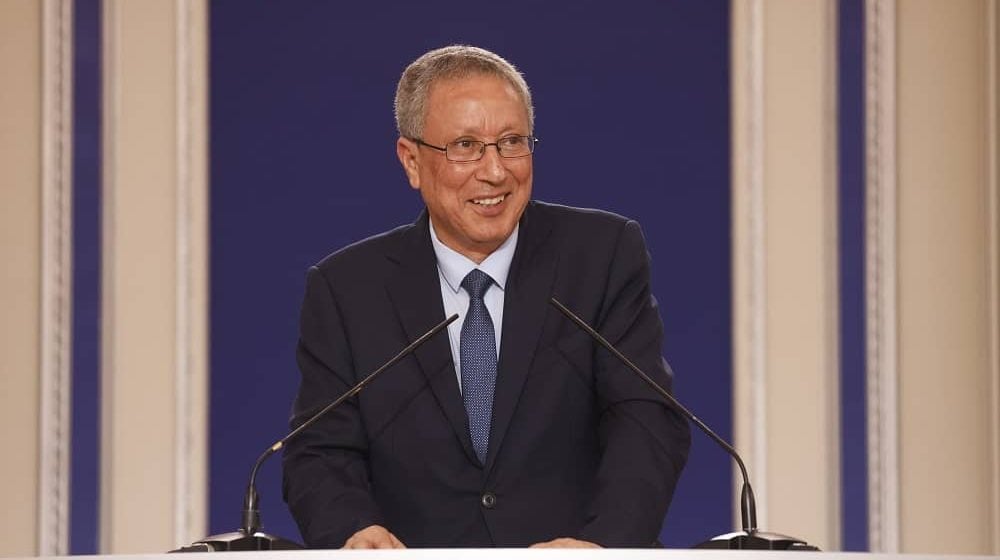
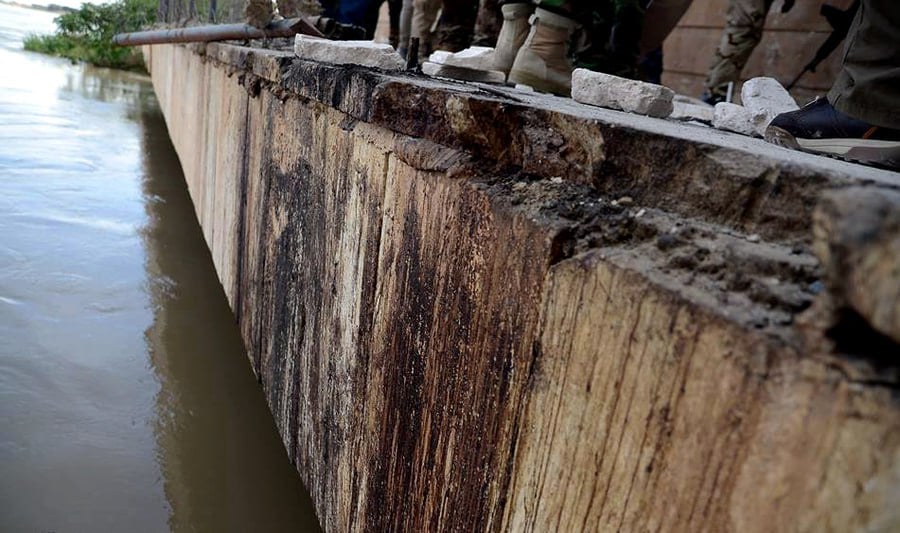
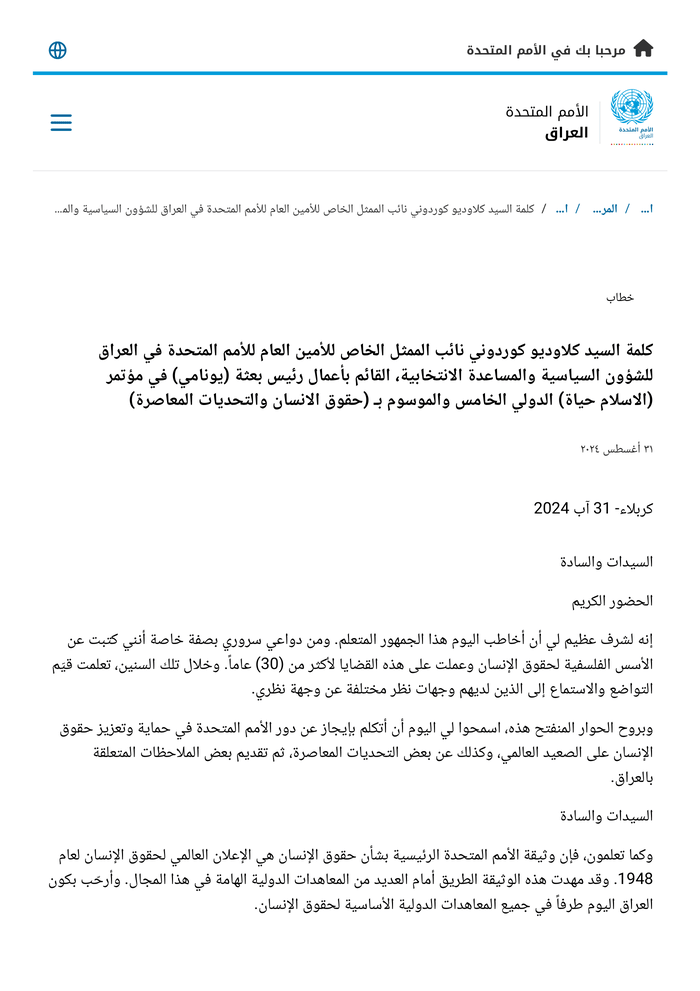
 PUKMEDIA
PUKMEDIA 